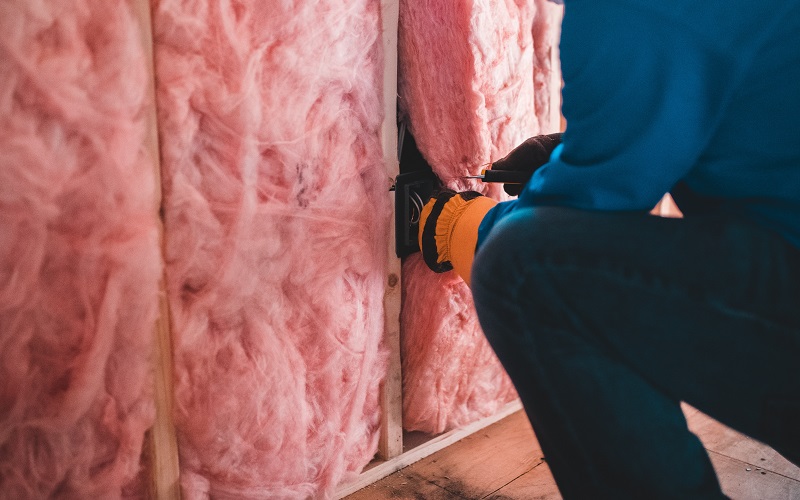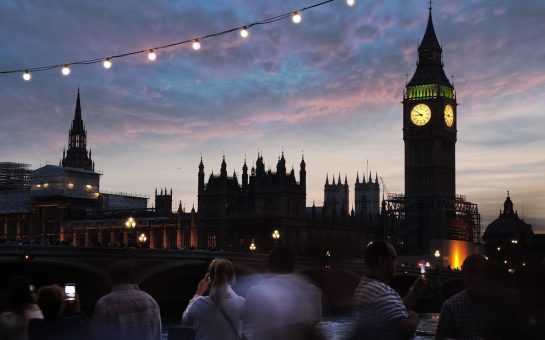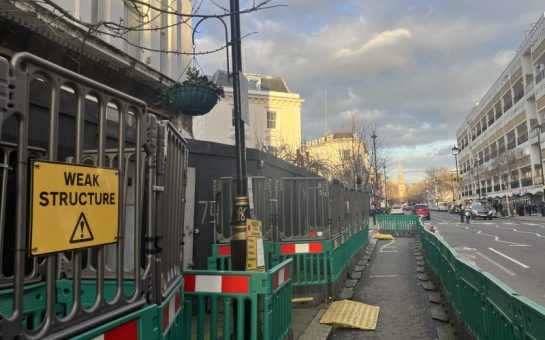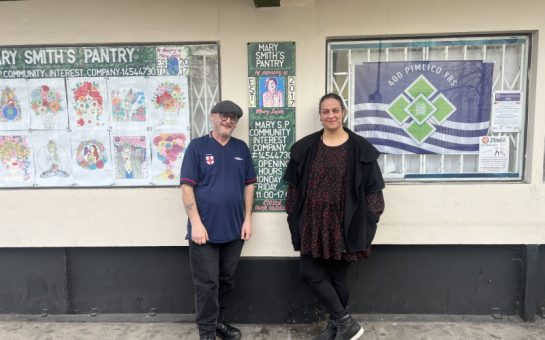As the energy crisis continues, more than half of south west London’s homes have poor wall energy efficiency, data has revealed.
Figures from the Ministry of Housing, Communities & Local Government show that the energy efficiency rating of walls in more than 50% of houses in every borough in south west London are either poor or very poor.
The worst borough is Kensington & Chelsea where over 68% have a very poor rating and over 80% poor or very poor.
Lead Member for Planning, Place and Environment in Kensington & Chelsea, Councillor Johnny Thalassites said: “We want people to have warm, healthy homes that are affordable to run and good for the environment.
“For our own council tenants, we are spending £374m on improving homes to make them warmer and more energy efficient.”
Even Sutton, the most energy efficient borough in south west London has more than a third of its houses with a very poor rating, and nearly 52% poor or very poor.
It is estimated that around 40% of the UK’s energy consumption and carbon emissions come from the way buildings are heated and used, with the Government suggesting that even comparatively small changes will have a significant reductive effect.
Councils in some of the worst performing boroughs in south west London have maintained that grants are available for those in homes with low energy performance ratings.
The council are offering free home visits to boost energy efficiency, switch tariffs, and help elderly and disabled residents understand their bills.
In Hammersmith & Fulham, over £100million has been pledged on energy efficiency retrofitting to council homes, while plans on retrofitting buildings to make them more energy efficient will be released for Westminster next week.

Elsewhere, a £500million Household Support Fund for vulnerable households was launched by the Government last week in light of rising energy prices.
The move was welcomed cautiously by fuel-poverty charity National Energy Action, who have warned that many of those living in the least efficient homes are on the lowest incomes.
Chief executive of the organisation Adam Scorer said: “Quick emergency fixes are vital to get struggling households through this winter, but we can’t lose sight of the long-term solution to reduce the energy waste in our homes.
“We have some of the least efficient housing in Europe.
“This has left the UK more exposed to the current soaring gas price than many other countries and we are wasting billions of pounds each year as heat escapes through leaky roofs, floors and ceilings.”
The fund comes after a £1.5billion programme offering grants of up to £10,000 for energy efficient home improvements was scrapped from the Government’s “Build Back Better” scheme earlier this year, after only six months.
Such changes will likely not be enough to convince those down on the tarmac on the M25, however.
Now in their fourth week of disruption, Insulate Britain have said they will continue their protest action until the government releases a meaningful statement indicating they will insulate all of Britain’s homes by 2030.
Featured Image: freeimageslive.co.uk




